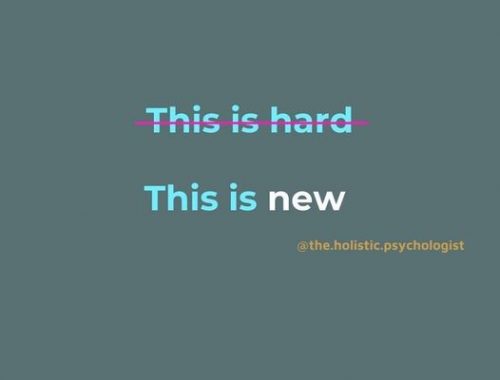The most common mistakes people make in interviews
I have sat on a lot of government communications interview panels so far this year. It feels like
What I have noticed in all of these interviews is that there are a few common mistakes that people make – here they are so you can avoid them if you are going to an interview soon.
I am basically a recruitment queen I have done more processes than I can remember – across all levels of communications. I have seen it all the amazing calm, cool and collected people, and the terrified, shaking petrified people. Those that just nail a question and those that miss the pont altogether.
Given so many people I know are going through interview processes at the moment I thought I would share some of my recommendations for how to overcome some of the most common mistakes.
Not hearing the question
Nothing is more difficult when rating a candidate than when they don’t answer the question. This is so common, people get nervous and just start speaking. They may give a great answer but not to the question you asked.
If you are ever not sure you heard the question, ask them to repeat it (this can also be a great trick if you need more time to think of an answer). There is also nothing wrong with writing the question down, always take pen and paper into an interview. If you are really not sure what someone is getting at reflect the question back to them “What you are looking for is my skills in building relationships?” or ask them to clarify “is this what you mean by strategic implementation?” You are better off checking, answering the question correctly than not at all.
The other issue here is, and I think this is nerves, is people hear one word in a question and focus on that, not the whole question. For example: how can you influence senior management to engage with communications? This question is about your influencing skills not what you know about communications. Ensuring you understand the intent of the question is just as important.
Telling a loooong story
Quite often at the beginning of the interview you will be told how long you have for the interview – we have four questions to ask you over the next 30 minutes. This is a great guide to how long your answers should be. Remember those three people opposite you on the panel have to meet 5,6,7 or 8 people today. Keep them engaged by telling a clear, story that is too the point. They don’t need to know every single person you spoke to, what they said, what you said. Provide enough context to get you point across but remember brevity and clarity are key.
Having an unstructured answer
You know those people that tell rambling stories, with so many elements it’s hard to follow how they all fit together. It’s like they have so many ideas in their head and they all need to come out… this happens so often in interviews. A rambling long list of things, that don’t connect together often makes it hard for the panel to see if you have even answered the question at all. Having one great clear example is much better than many little ones.
No conclusion
I can’t tell you the number of times I have wanted to scream at someone “what was the outcome?” So many interviewees don’t finish their story. It’s as simple as a quick summary at the end of your answer, or round it off with the outcome. In communications in particular this is so important, it shows the value of your work not just that you know how to write or deliver. This is what takes a good answer to a great answer.
Mentioning your horrible ex-boss
Let’s be honest, Canberra is a small place, and the communications community is even smaller. While you should be honest about the context or challenges you had, be careful about mentioning names. You never know who knows who, or who has worked in your department before. Your evil bosses’ best friend could be sitting opposite you on the panel. Consider how what you are saying might be perceived by others. How you present these situations, is a demonstration of your integrity and professionalism.
Not asking questions
At the end of most interviews the panel will ask you if you have any questions. Do not miss this opportunity. The questions people ask me to demonstrate how interested they are in the job, how much they have listened during the interview and how much research they have done before hand. If you have no questions you aren’t doing it right. For you this is your chance to get to know your future employer, an interview is as much about you getting to know them, as them getting to know you.
Interviews are not made to trip you up and as much as everyone hates them, they are a standard part of the process. When I do interviews, I am looking for skills and experience but more importantly I want to understand how you will fit into the team, how will you form a relationship with me and how do you operate under pressure. Comms can be a highly stressful environment so how you handle yourself in interview gives me an insight into how you would handle yourself in front of an executive or the media.
Remember, the panel aren’t trying to be mean (at least none I have been on) they are trying to get to know you and it’s a chance for you to get to know them.

